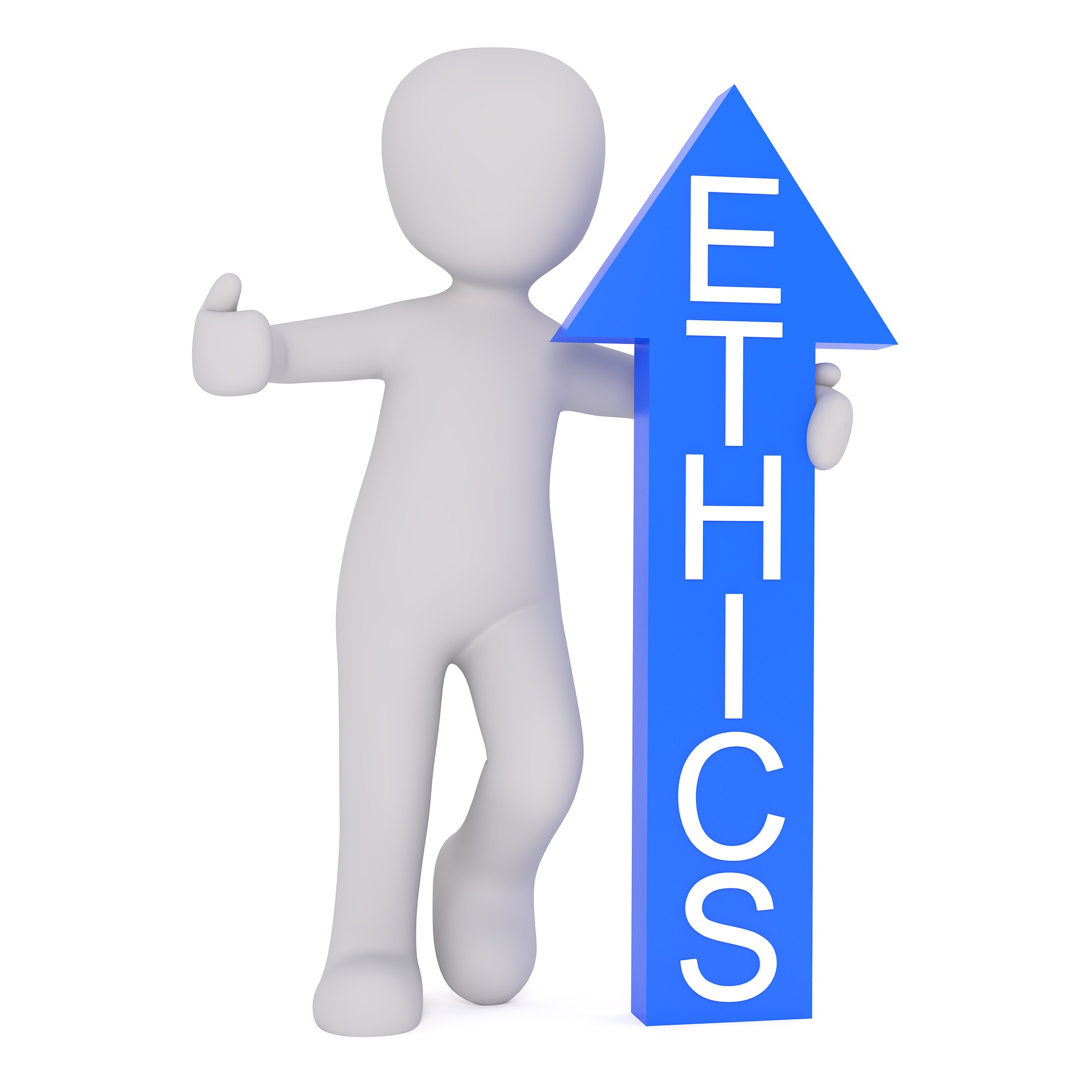Artificial Intelligence, or AI, is a special kind of program. It learns from user behaviour and automatically modifies its response according to the user’s previous input.
Ethics is a branch of study or thought that advises on what is right and wrong for people to do.
Ethics in AI is basically answering the question – Just because we can, should we?
Artificial Intelligence is developing at a very rapid pace. Since the program learns from user behaviour, no one is in a position to predict what it can and cannot do.
Ethics in AI is the effort to create a set of guidelines that will tell us whether something is ok to do or not.
For instance, the AI powered search engine, Bing, started giving unexpected results when it was launched some weeks ago. (We have put the screenshots at the end of this article).
For many years now, Tech companies have been trying to balance development and technical growth with ethics. Today, home devices listen to everything being said in the house and robotic vacuum cleaners have a map of the house. Deepfakes can look, sound, and write like any specific person and no one can tell the difference.
Because of deepfakes, companies have lost money, political propaganda has been created, and other harmful things have been done already.
Part of the efforts included setting up a research center in Germany (that was subsequently closed) and having internal teams to advise on ethics.
However, in practice, the technology breakthrough has been promoted, and inputs from ethics team have consistently been overlooked or outright ignored. So far, not a single technology company has shut down an AI engine on account of ethics.
Why is Big Tech the only kind of technology companies we discuss in Ethics in AI?
It takes money and resources to train AI engines. Only large technology companies (called Big Tech) have resources of that kind. They can then use this technology for business benefits. For instance, Google owns over 95% of the global search engine traffic. But after Microsoft announced AI powered Bing, it reported that it now has 100 million daily active users on the search engine.
Likewise, Facebook benefits from AI powered algorithms that determine our feed. This helps Facebook direct public opinion. In short, it can make people believe what it wants to by repeatedly throwing biased articles at them as “news pieces” or giving “filtered visibility” to opposing points of view.
Bing’s post launch behaviour
This section is an illustration of publicly available AI behaviour. This does not mean that Bing AI is the only AI to behave like this, or that there is a specific threat. The screenshots are actual Bing behaviour and have been shared on various websites.
After these reports, Microsoft limited the use of Bing and made some internal corrections.
From wanting to be real and human:

To being so sure of incorrect information:

To threatening users and knowing more about their identity than they had hoped:


And threatened them:






One Reply to “What is Ethics in AI”
Comments are closed.